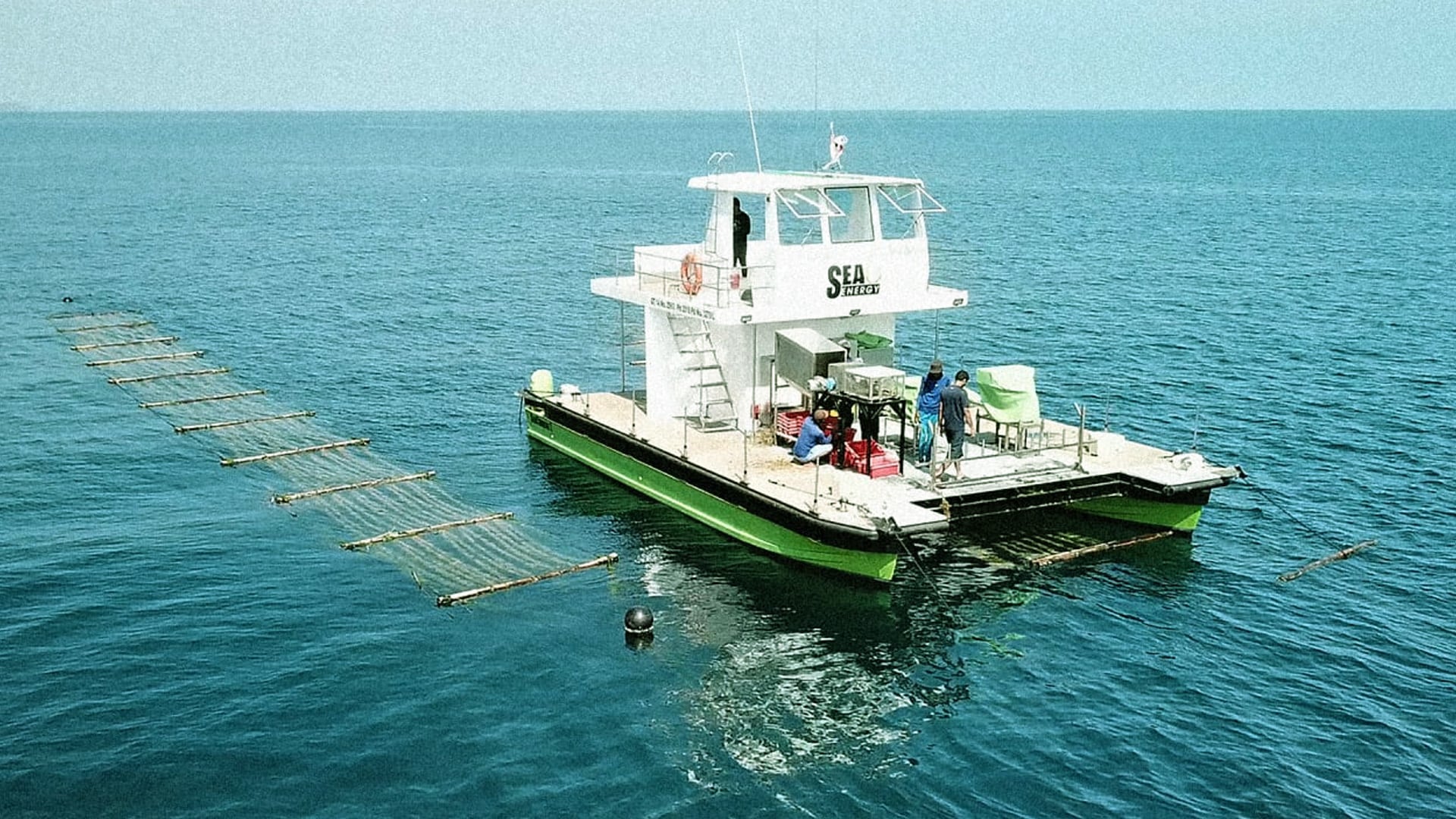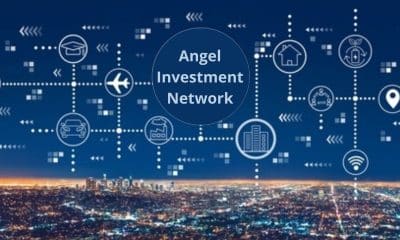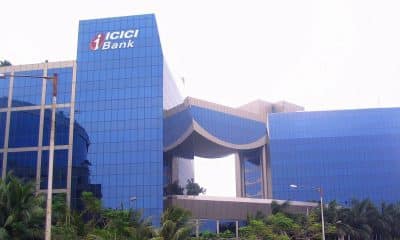Funding News
Sea6 Energy mops up USD 6 mn from Netherlands-based Aqua-Spark for expansion, growth
Sea6 Energy, which develops technologies for ocean farming, on Wednesday said it has raised USD 9 million from investors including Netherlands-based Aqua-Spark. Bengaluru-based Sea6 Energy is a vertically integrated seaweed producer, processor and developer. It has a subsidiary in Indonesia. Founded in 2010, Sea6 is a fully integrated tropical sea agriculture and seaplant based product manufacturing company.
In the series B round of funding, Aqua-Spark is the lead investor alongside co-investor Singapore-based Silverstrand Capital, Sea6 said in a statement. Sea6 had earlier received an investment from Tata Capital Innovation Fund in 2015 as part of their Series A funding. The new funds will contribute towards the financing of additional SeaCombine systems to increase supply of seaweed raw material, the statement said. The fund would also be used to expand processing capacity with additional facilities to produce agricultural biostimulant and animal health products, it added.
Also read: How does the Pegasus spyware work, and is my phone at risk?
Sea6 has developed proprietary SeaCombine, a fully mechanised cultivation system that can simultaneously harvest and replant seaweed in deep ocean waters, enabling cost competitive production at scale. The company has also developed proprietary technologies to convert fresh seaweed into novel, environmentally friendly products for a range of industries including agriculture, animal health, food ingredients, bioplastics and renewable chemicals. Shrikumar Suryanarayan, Managing Director and Co-founder, Sea6 Energy, said, “Aqua-Spark’s vision of sustainability is very well aligned with Sea6’s own vision. At Sea6 Energy, we are focused on cultivating and processing tropical seaweed species.”
“The fact that seaweed cultivation is a very sustainable operation makes this biomass a versatile and ideal raw material that can be used for a variety of industrial purposes to greatly reduce their carbon footprint,” he added.










































Pingback: ADIF aims to make Indian startup ecosystem among top 3 globally by 2030